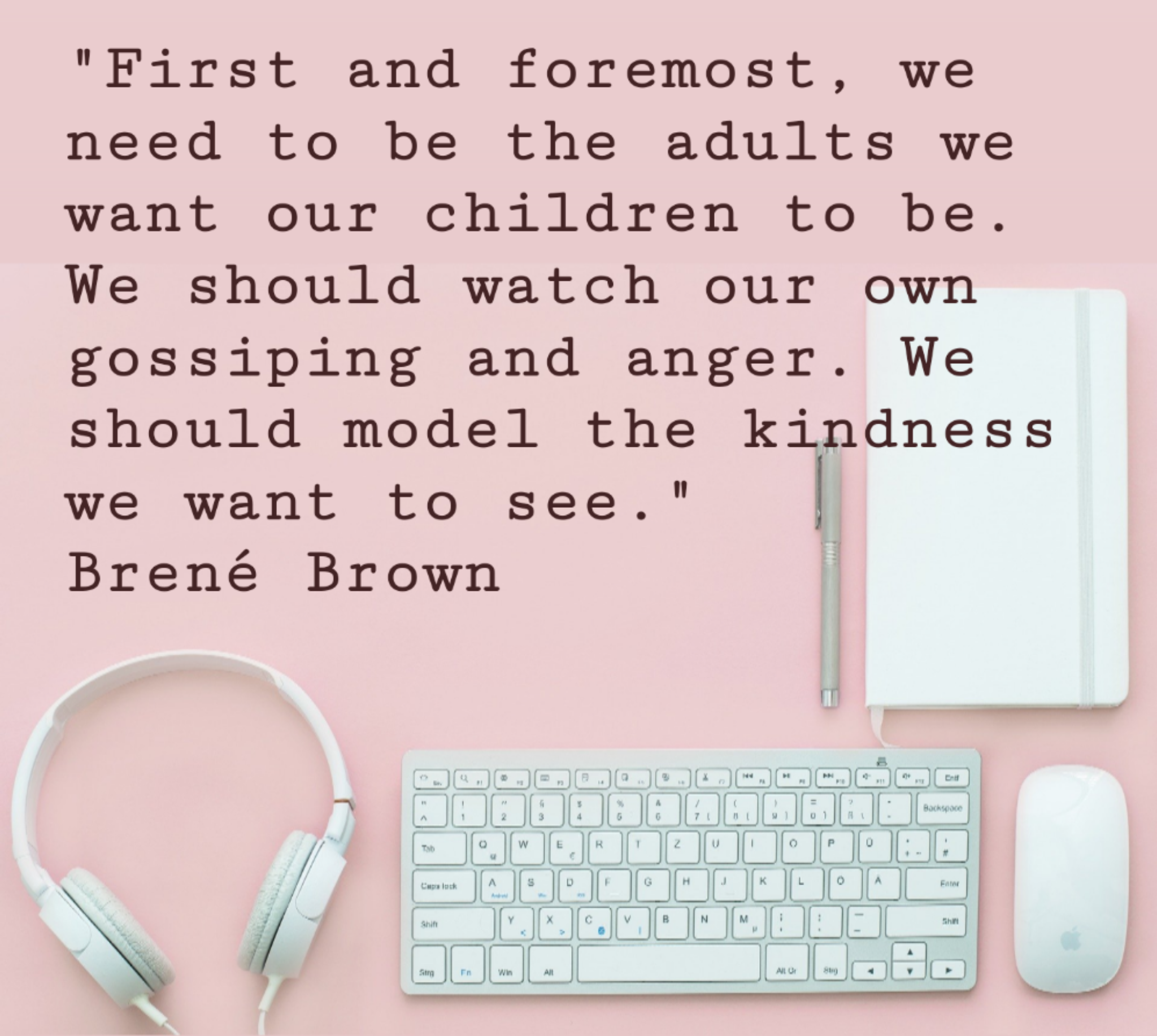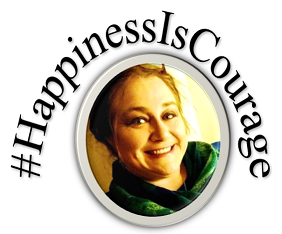When we talk about kindness, especially in corporate settings, I can literally see people sink back in their chairs and wish they could teleport anywhere else. There’s a social narrative that kindness=weakness or at the very least a dangerous vulnerability (Any other Brene’ Brown fans here? Let’s hear it for courageous vulnerability!) and they just DO NOT want to talk about it.

As a radical positivity activist, I’m a strong proponent of including kindness as a regular part of doing business. I also recognize that in today’s corporate environments, kindness has an image problem, so to get past that initial “ewww”, I sometimes try to make kindness look more like a radical act of courage, and less like a fluffy squishy kindergarten poster (although I love me some fluffy squishy kindergarten posters!). Jamil Zaki has an interesting perspective on kindness in corporate settings:
“Kindness is contagious… it can cascade across people, taking on new forms along the way.”
Like gratitude and positivity, kindness tends to inspire a positive feedback loop and encourage other people to “pay it forward”. You may have seen the viral stories about people buying coffee for the car behind them at the drive through, or other random acts of kindness that, in some cases, have life-changing (and even life-saving) impact on communities. That makes for a great feel-good story on the evening news, but how does this apply to business?
I’m glad you asked! There are a number of reasons companies should look at making “Kindness” a core value, but the short answer is… IT WORKS. Kindness has been shown to improve engagement, work satisfaction, and team performance. The Random Acts of Kindness Foundation based in Denver shared a great article on the impact kindness has in the workplace, and why it’s such a crucial tool in today’s working environments:
Modern workplaces can be hot-houses of negativity, competitiveness, and stress. These kinds of environments can make employees feel as if they’re entering an assault zone on the daily.
Even people who thrive on high-adrenaline environments perform better when they don’t worry about being the victim of “friendly fire” from rude, vindictive or just generally unpleasant colleagues! The folks at RAK have also made this really great reference with some data-driven facts about kindness. Some notable highlights:
According to research from Emory University, when you are kind to another person, your brain’s pleasure and reward centers light up, as if you were the recipient of the good deed — not the giver. This phenomenon is called the “helper’s high.”
And…
Perpetually kind people have 23% less cortisol (the stress hormone) and age slower than the average population! Integrative Psychological and Behavioral Science, 1998
This is really great stuff! But in case that’s not enough to get you thinking about ways to make kindness a focal point of your organization’s culture, the World Health Organization recently upgraded (is it really an upgrade if it’s more detrimental?) burnout to a “syndrome”, defining this “occupational phenomenon” in pretty compelling terms:
“Burn-out is a syndrome conceptualized as resulting from chronic workplace stress that has not been successfully managed. It is characterized by three dimensions:
- feelings of energy depletion or exhaustion;
- increased mental distance from one’s job, or feelings of negativism or cynicism related to one’s job; and
- reduced professional efficacy.
Maybe you’re thinking “Ok, there’s something to this, but where do I start?”
- Money talks. Even if you have the most well-meaning leadership in the world, this is a big piece of the puzzle. Knowing that kindness and compassion improve the bottom line can make this cultural shift easier for your executives to give it the time and attention it needs to succeed. Just having an impact on turnover can provide appreciable savings, and the ripple effects go well beyond that single metric. Build a business case for kindness. This U.S. Chamber of Commerce article is a great place to start!
- Prioritize kindness instead of rewarding toxic behaviour. If you haven’t read an article, study, white paper or opinion piece about the problems surrounding toxic “superstars”, a quick internet search will help drive home just how damaging it can be to focus on short-term gains at the expense of your entire team or company.
- Develop strong — and kind — leaders. Blake Michellum says this in no uncertain terms in a recent Forbes article: “By developing strong leaders who embody your ideal values, these leaders will influence their teams and the broader culture overall. It will be a continuous cycle of kindness influenced by talent management practices.” Is kindness part of your talent management process?
I don’t know who said this, but it’s a powerful statement:
“Genuine kindness is not an act of weakness or capitulation, but rather a powerful demonstration of confidence in your purpose. Not at all naïve or unrealistic, kindness is a sign of true strength.”
How will you leverage this powerful source of strength in your organizations?


